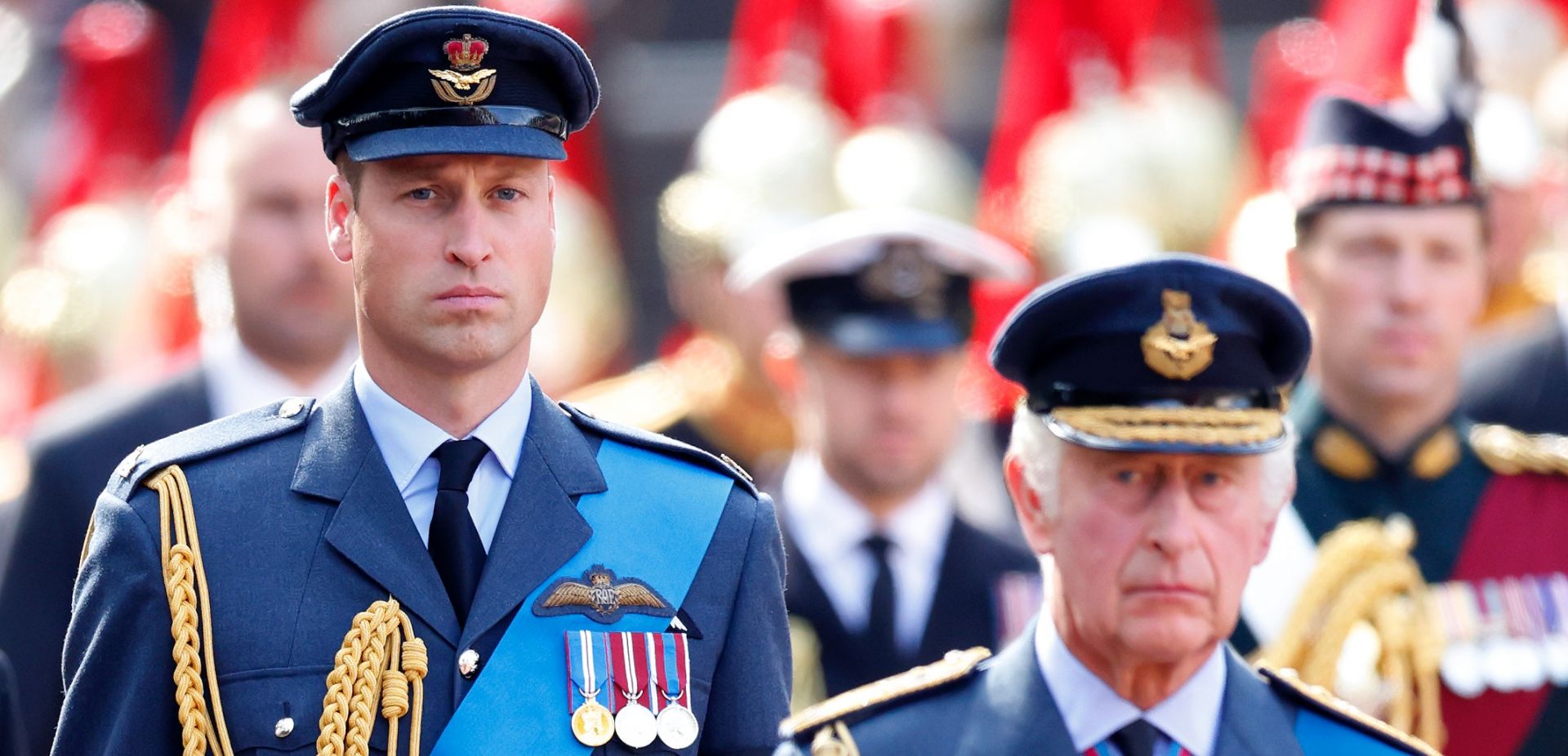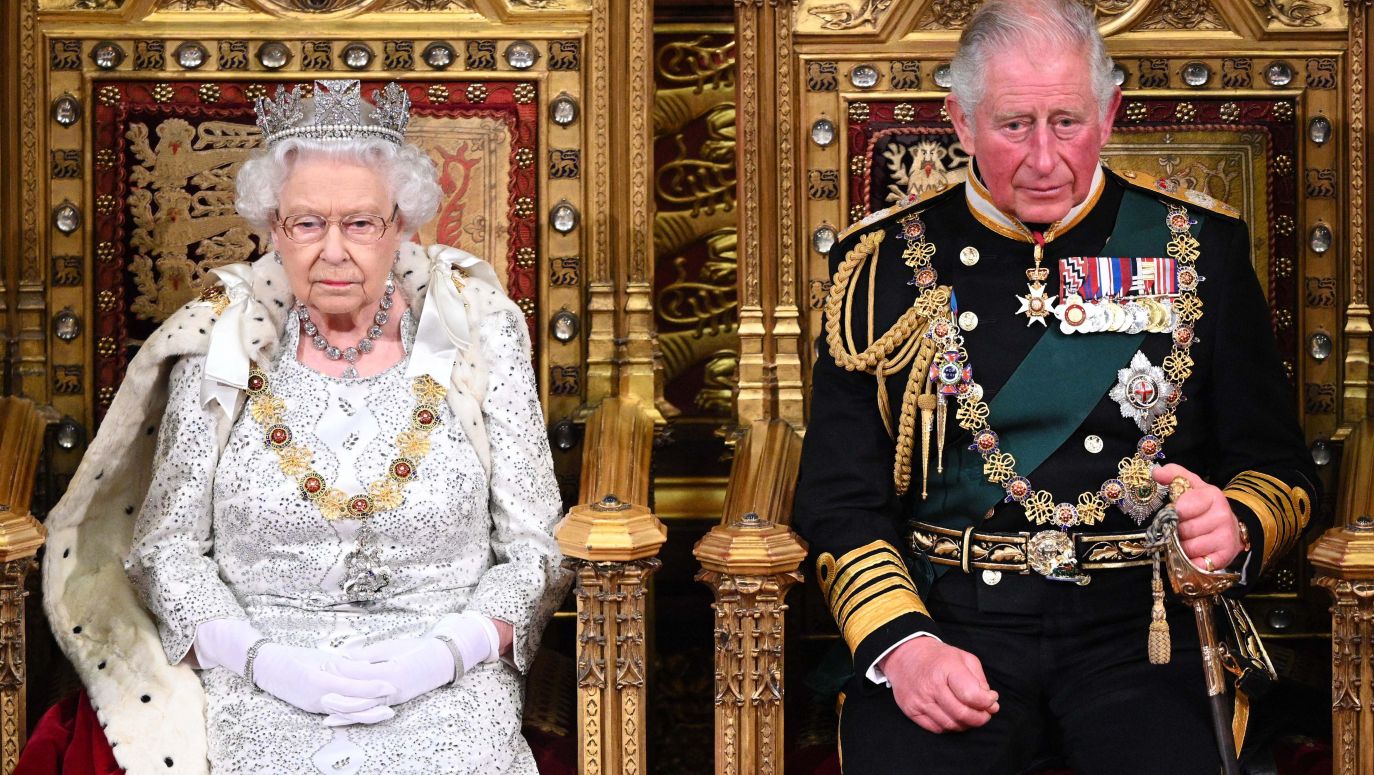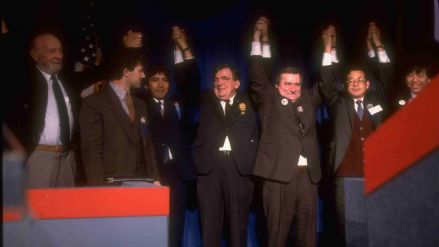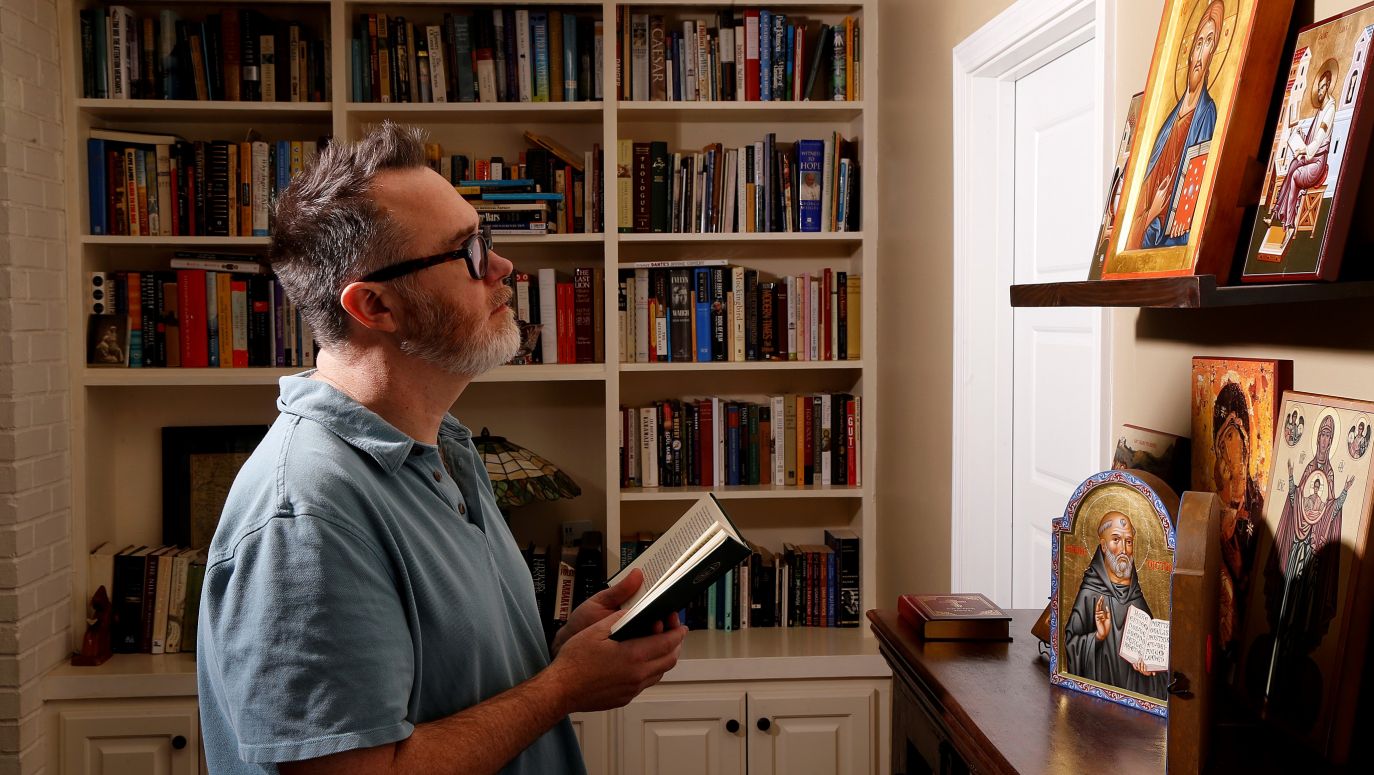Look, I have said often that I oppose Russia's invasion, and that I hope Ukraine prevails. I agree with you that Putin is a kleptocrat, and though I'm Orthodox, I reject his "Russky mir" rhetoric. That said, I don't understand why Europe has to destroy itself and its own economies for the sake of Ukraine. It was a huge mistake for Europe to become so dependent on Russian energy, but it happened, and now European countries are looking at the realistic possibility of economic collapse this winter. A senior government official in Europe told me recently that the energy crisis is much, much worse than people know, and that many governments could fall because of it. Should they punish their own people so severely for the sake of Ukraine? I don't think it makes sense. It is very difficult to have a realistic discussion about these trade-offs because so many people in the media and in politics accuse one of being pro-Putin if one doesn't fully support continuing the Ukraine war. I think the sensible thing to do is to push for some kind of peaceful settlement.
Taking aside our views of Russia, there’s a real chance for quite tectonic political changes in Europe if Ukraine survives the current war. Poland and Eastern & Central Europe countries will press for more cooperation within Three Seas (Baltic, Black, Adriatic) Initiative (Ukraine included). This could be backed somehow by Finland & Sweden (which Putin delivered to NATO) and probably Italy with new, center-right government. Political realism will also make reconciliation with Hungary (the most pro-Russian EU country) possible and probable. On the other hand, old guards – Germany & France, backed by Brussels bureaucracy, will press for even more federalization which would lead to breakout of European Union or ‘two tier’ EU. A lot of people see this as a great opportunity for United States to build a bloc of real allies in Central & Eastern Europe with strong military & economic (natural gas, nuclear energy) ties. Do you see this dynamic? What’s your opinion?
My own geopolitical sympathies are strongly with Central Europe, especially because of the general social conservatism of those societies. I see nothing good coming from the United States in this respect as long as the Democrats are in charge. The Democratic Party has become totally hostage to the gender and race ideologues. We see that Washington uses its power to demonize any country that doesn't accept gender radicalism. If the Republicans win the White House in 2024, maybe things will improve, but until then, Washington will continue to act as a cultural imperialist towards the non-progressive European countries.
Overall, though, I don't see how it's possible to make any kind of forecast until Europe gets through this coming winter. We don't know what awaits us at the other side -- and I say "us," because I will be moving in October to Budapest, to work at the Danube Institute think tank. I am no expert on Russia, but I know enough about the Russian mentality to be sure that it will never accept a NATO-aligned Ukraine. And don't forget, Russia has nuclear weapons. If Putin's back was against the wall, I fear that he would use them. Plus, he can use the energy weapon to great effect for years, and Europe will be flat on its back.
The great error was in Europe choosing to become so dependent on Russian energy. But that cannot be undone quickly. I understand why Poles have so much resentment towards Russia, and it is that strong feeling that may help you all endure the hardship of this coming winter. But the rest of Europe, especially those countries that were not oppressed by the Soviet Union? I fear that we will see mass protests that could bring those governments down. A Hungarian friend said to me, "Why are you moving over here now? It's like moving to Poland in August 1939." She wasn't joking.
–interviewed by Paweł Burdzy
TVP WEEKLY. Editorial team and journalists
Rod Dreher (Raymond Oliver Dreher Jr.) is a conservative American columnist, essayist, film critic and writer. Born in 1967 and raised in a Methodist family, he converted to Catholicism in 1993 and to Orthodoxy in 2006 in a protest against the paedophile scandals in the Church. He has published the books 'How Dante Can Save Your Life' (2015), 'The Benedict Option' (2017), 'Living Without Lying' (2020). He is currently associated with the Danube Institute in Hungary.







